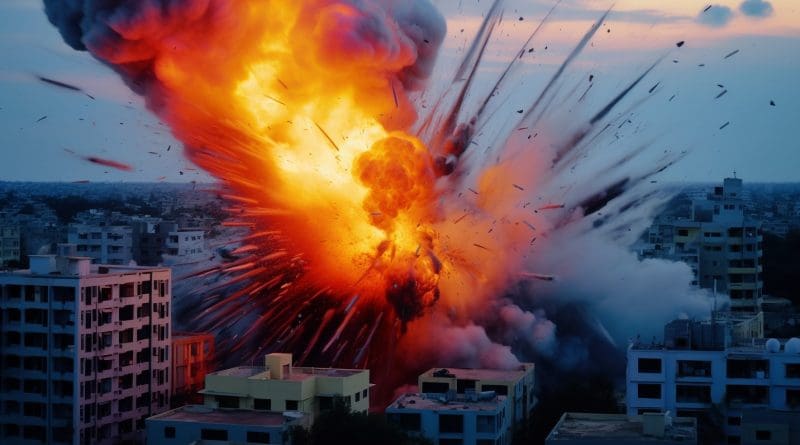The Duality of Emotion: Mourning and Preparing for the Unthinkable

Israel finds itself ensnared in an emotional whirlwind, oscillating between the anguish of mourning and the imperatives of immediate action. As the country unites in sorrow, grappling with the devastating loss of lives, it is concurrently compelled to make expedient political and military decisions that could significantly alter its future trajectory.
The Weight of Governance: Israel’s Emergency Measures
In an unanticipated move, Israel has formed an emergency government and war management cabinet. This coalition, led by Prime Minister Benjamin Netanyahu and the National Unity Party, aims to coordinate a calculated response to the ongoing crisis, signaling the gravitas of the situation.
A Ripple Effect: Grief Transcends Borders
The repercussions of this catastrophic conflict extend beyond the geographical confines of Israel. For instance, the East Bay community in California is mourning a life lost that had ties to their locale. Such instances underpin the interwoven global fabric that makes this not just an Israeli crisis but a humanitarian one.
The Multipronged Onslaught: Unveiling the Complexity of the Attacks
One cannot overlook the multifaceted nature of the initial attacks by Hamas that prompted Israel’s responsive actions. The Palestinian militants executed an air, sea, and ground assault— a rare and audacious move given the tight security protocols that usually seal Gaza from Israel.
Tactical Nuances: Israel’s Counter-Actions
Israel’s response has been manifold, addressing the exigencies of a multi-vector attack that involved air, sea, and ground forces. The measures have been calibrated to deter future attacks, defend Israeli territory, and neutralize immediate threats. Yet, these actions also aim to preserve international relations by adhering to certain conventions of war, although their appropriateness continues to be debated.
The Dilemma of Proportionality: Ethical and Strategic Quandaries
The swift and potent Israeli counter-actions raise a perennial question: what constitutes a proportionate response? Israel faces a delicate balancing act, striving to effectively neutralize threats while avoiding excessive force that could alienate international partners and escalate the conflict further.
The Path Forward: Diplomacy Amid Desolation
As Israel mourns and responds, it does so in an environment rife with complexity and ambiguity. The need for diplomatic efforts, both internal and international, has never been more acute. The newly formed emergency government must navigate this intricate landscape, ever-conscious of the volatile mix of domestic sorrow and international scrutiny.
Conclusion
Israel’s current situation epitomizes the intricate interplay between mourning and militancy, between visceral emotional responses and calculated political action. As the country grieves the loss of its citizens, it must also make pivotal decisions that will impact not only its future but potentially the stability of the region and the global geopolitical climate.
The severity of the attacks and Israel’s subsequent military and political countermeasures highlight the multiplicity of factors contributing to this complex and ongoing crisis. In a world where grief transcends borders and conflicts reverberate globally, the Israeli situation serves as a poignant reminder of our collective responsibility to pursue a future where security and peace are not mutually exclusive but intrinsically linked.
